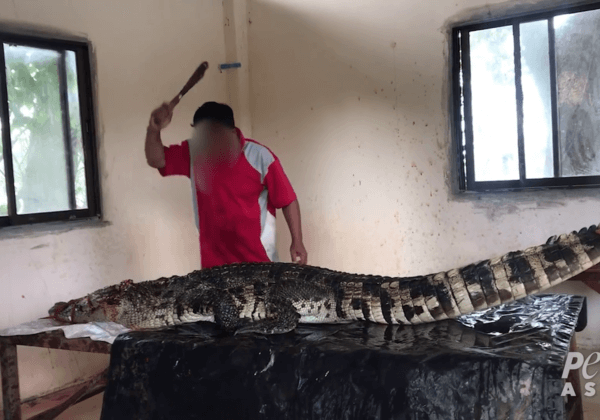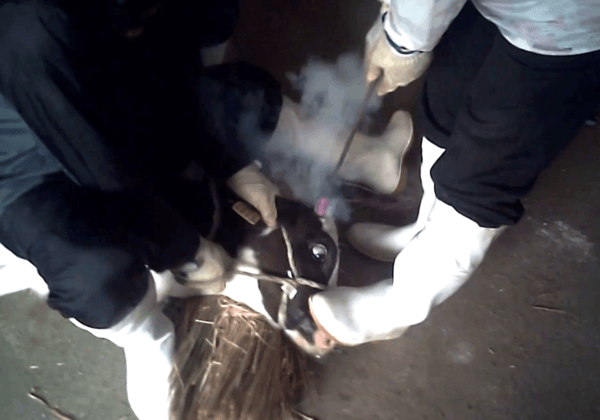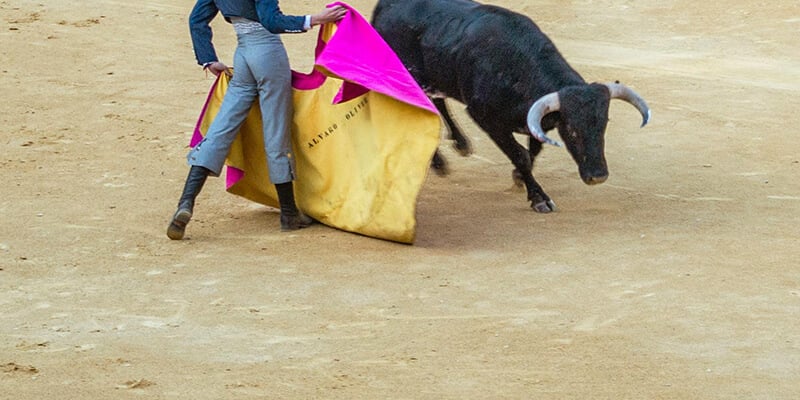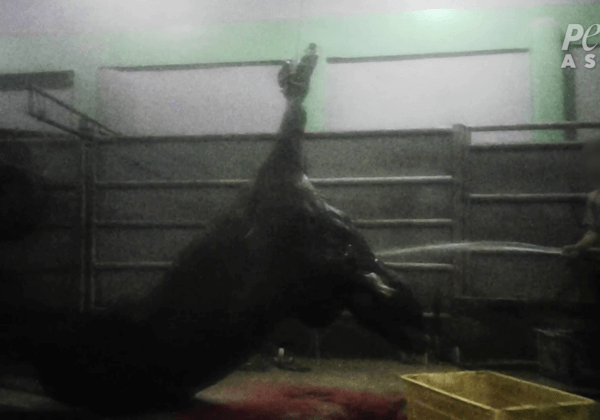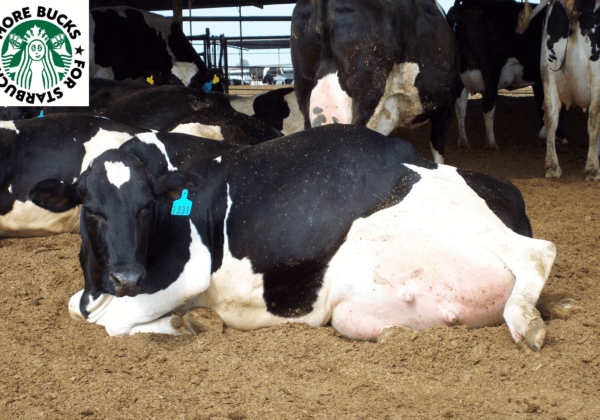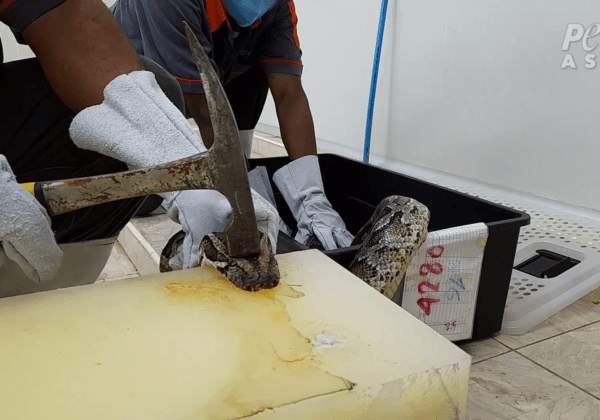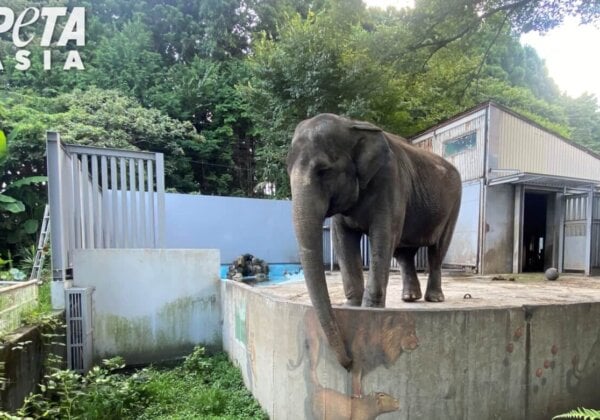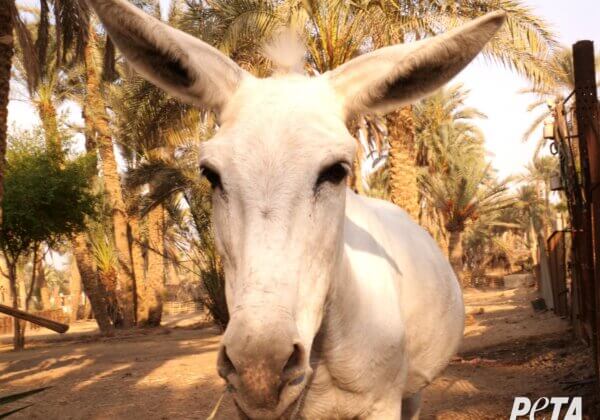Top 6 “Gifts” To Avoid
If you’re off to do some last-minute holiday shopping, we’re here to help you with what not to buy for Christmas.
1. Puppies and Kittens

Unlike most other gifts that are easy enough to return, re-gift, or forget about, puppies and kittens require a 15- to 20-year commitment and should not be adopted on impulse. Both puppies and kittens need lots of patience and understanding, room to grow physically and mentally, and a fat wallet for sterilization and all the shots, de-wormings, grooming, food, medicine, and toys. If you’re sure your recipient wants a companion for life, not just for Christmas, take him or her to an animal shelter after the holidays. When people buy a dog or a cat from a breeder, they rob animals in shelters of the chance at a loving home. If you want to share a little Christmas cheer with animals now, collect donated dog and cat food, toys, bedding, or other items for animals at your local shelter or make an honorary donation to an animal charity.
2. TICKETS TO SEE ANIMALS IN CAPTIVITY
Mali has lived a life of deprivation since 1977 in the Manila Zoo.
No one is dreaming about seeing abused and exploited animals in circuses and zoos. Many captive animals are forced to perform silly, confusing tricks under the threat of physical punishment. Some are carted around in cramped and stuffy boxcars or truck trailers—or are kept chained or caged in barren and filthy enclosures, far away from their families and friends. This holiday season, why not visit an accredited animal sanctuary instead, where you can observe how animals such as elephants, bears, tigers, and chimpanzees behave in their own habitats?
3. Fur
Think twice before purchasing angora or other fur items. To obtain angora, workers violently rip the fur out of rabbits’ sensitive skin every three months. The animals scream in pain, and many appear to go into severe shock. If the rabbits are still alive after two to five years of this trauma, workers slit their throats and sell their carcasses. For Christmas, choose faux fur, or other animal-friendly fabrics, such as cotton, polyester, and rayon.
4. KOPI LUWAK COFFEE
If you’re not interested in purchasing coffee with a side of animal abuse and dishonesty, then please don’t buy kopi luwak. Kopi luwak is made from the beans of coffee berries that have been eaten and excreted by captive Asian palm civets. If that isn’t bad enough, civets are deprived of adequate nutrition and confined to wire cages, where they often go insane from the stress of confinement.
5. Down
Stay away from down-filled pillows, “comforters,” and jackets, as they are quite the opposite of comforting for the birds who are plucked alive in order to produce them—or for anyone aware of how these animals suffer. Buying down can also support the cruelty of the foie gras industry, so it’s best just to leave down products on the shelves and choose cruelty-free synthetic fillers such as PrimaLoft® and Thinsulate™ instead.
6. Silk
The so-called “silkworm” is actually a domesticated insect who, in nature, goes through the same stages of metamorphosis—egg, larva, pupa, and adult—that all moths do. Silk is derived from the cocoons of larvae, so most of the insects raised by the industry don’t live past the pupa stage, as they are steamed or gassed alive in their cocoons. Approximately 3,000 silkworms are killed to make every pound of silk. Humane alternatives to silk—including nylon, milkweed seed pod fibers, silk-cotton tree and ceiba tree filaments, polyester, and rayon—are easy to find and usually less expensive, too.
Follow the above tips, and you can have a happy, humane holiday!
Need some help cooking up a holiday feast? Check out our Top 10 Tips to ‘Veg Up’ Your Christmas!

